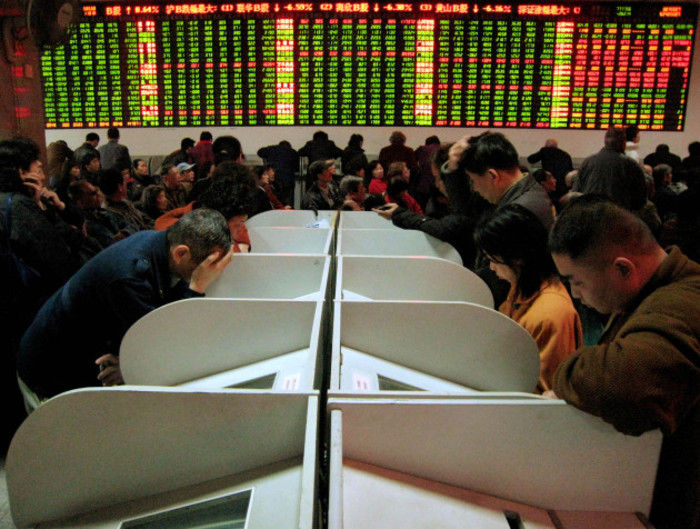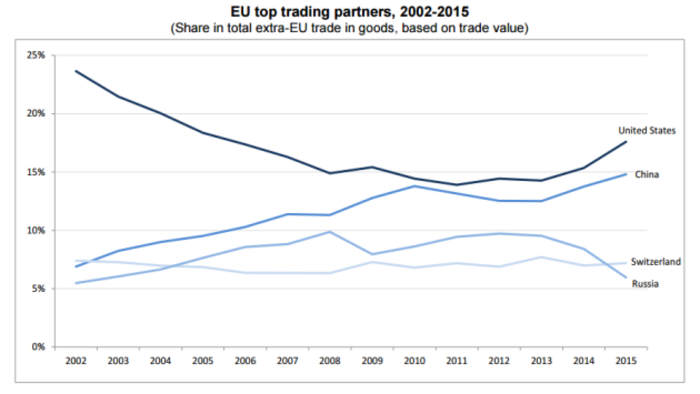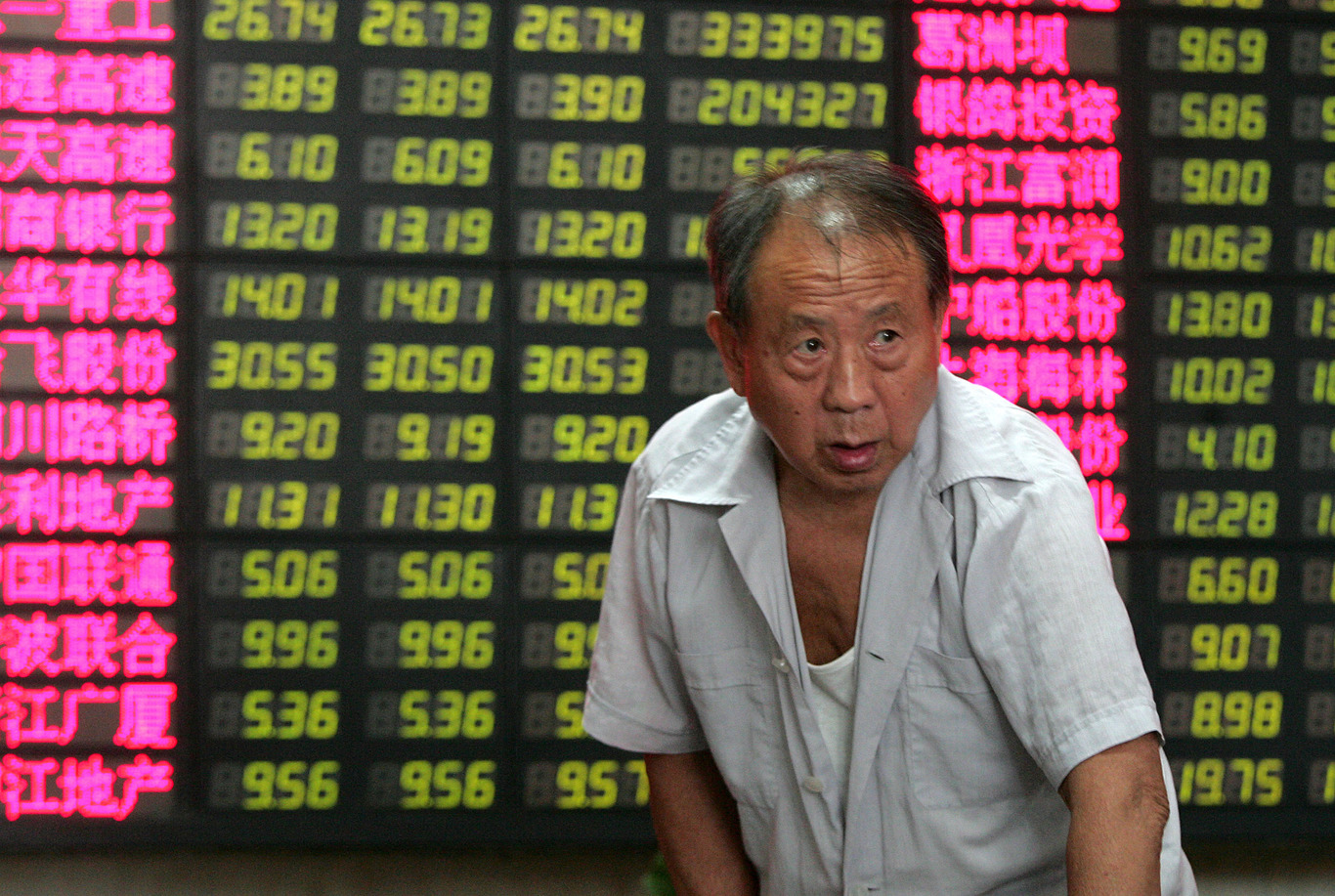Your crash course in... The fuss about China
These are the key points you need to know about the withering Asian economy.
NEARLY A YEAR has passed since the Chinese economy began to flag and recent rumblings out of the country are still mixed at best.
Why do people care? Well, to put it simply, because when the world’s second-largest economy starts to look shaky, China’s problems are effectively our problems as well.
Even Ireland, which has put relatively few eggs in the Chinese basket, could be left exposed in the event of a further slowdown in the communist nation. The Department of Finance recently saw fit to flag problems in China and other developing countries having the potential to push global economies into a recession.
The logic goes that any significant shocks in the Middle Kingdom, one of the main engine rooms of worldwide growth for the past decade, would inevitably have knock-on effects for the countries we are heavily dependent on, like the US and UK.

Why are people worried?
Over its 26-year long experiment with capitalism, China has seen per person wealth shoot up by an eye-watering 2000% and the county is now the world’s largest trader in goods. However, China’s economy grew at the slowest pace in a quarter century in the first half of 2015.
While annualised growth figures north of 6% would still be the envy of almost any country, there are dual concerns that the numbers for the tightly controlled economy are neither reliable nor sustainable.
There’s also an element of deja vu about what we are seeing in the Asian nation, with many noting the country is showing similar traits to those that led to the 2008 debt crisis that plunged most of the world into recession.
Worryingly, the credit bubble that China has created is three times the size of that the US built up before the turn of the decade.
Last year, concerns about underlying problems developing in the country spread to the Shanghai financial market. As a short-term fix, the government put a limit on short selling and prevented initial public offerings.
Then in January of this year, stocks in the Chinese market went tumbling down again when there was a sharp sell-off and the market fell by 18%.
China, for its part, has served notice that it was moving towards a ‘new normal’ of slower but sustainable growth, built on the spending of 1.3 billion increasingly wealthy and educated people rather than huge infrastructure projects and cheap products for foreign buyers.
But how possible that will be in a country where many state-owned enterprises both dominate and distort markets remains to be seen.

How would a Chinese meltdown affect the EU?
No EU country could be classed as over-reliant on exports to China, certainly not to the extent of highly exposed nations like Australia. The Asian economy doesn’t feature as a top-three export partner for any EU member state.
However, its importance to the continent as a whole is apparent when looking at the bigger picture. China has become the second most-important trading partner for all EU countries combined, overtaking Switzerland in 2002 and growing to account for 15% of all extra-EU trade.
Ireland has been one beneficiary of this rise. Between 2011 and 2014, our agricultural exports to China have increased by 140% and it has been predicted the country will be a top-four export destination for Irish companies by 2030.
Much of this is business, in products like infant formula for middle-class families, is dependent on Chinese consumers having money to spend, which they won’t if the country’s debt-fueled property and share markets go belly-up.

Click here for a larger version
What is being done in Beijing?
To turn around the downward economic trend, some experts say that China needs to open up its economy and create more middle-class jobs. However, a liberalised economy and a controlling communist administration aren’t the most natural of bedfellows.
That said, it is in the obvious interests of Beijing to keep the economy chugging along and the government has already moved to cut interest rates and devalue its currency to spur on growth.
So there only remain the small problems of handling a huge oversupply of property and overproduction in heavy industries, as well as an ever-growing pile of debt still to deal with. Nothing much to worry about then.





